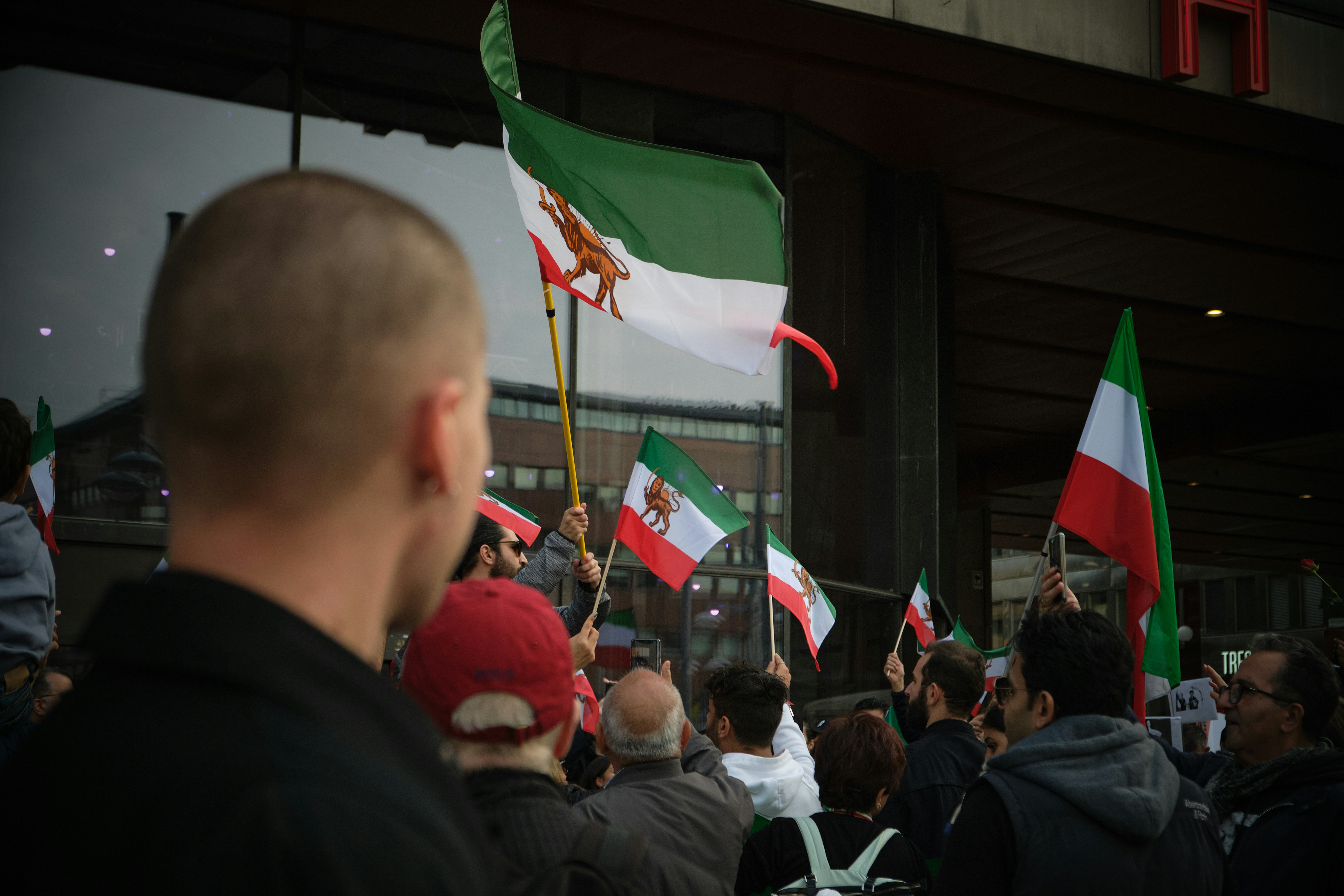As tensions between Israel and Iran stretch into a fifth consecutive day of retaliatory strikes, Beijing has stepped forward—not with military might or a negotiated framework, but with carefully worded diplomacy. President Xi Jinping’s declaration that “China stands ready to play a constructive role in restoring peace and stability in the Middle East” is consistent with Beijing’s recent pattern of global posture-building. But read through a macro-policy lens, this is not a sign of China assuming the burden of security leadership. It is a reputational hedge and a signal—aimed at multiple audiences—that China intends to remain perceived as a stabilizing power, even as it avoids the actual cost of crisis management.
Beijing’s call for its citizens to exit both Israel and Iran “as soon as possible” offers a clearer indicator of its institutional posture than its public statements. It is a move rooted in risk minimization, not regional influence. And it exposes the inherent contradiction between China’s growing economic exposure in the Middle East and its reluctance to match that with hard security or enforceable diplomatic infrastructure.
China has spent much of the past decade positioning itself as a viable alternative to Western-led global order. Its Belt and Road Initiative (BRI), yuan-settlement mechanisms, and the 2023 Saudi–Iran détente it helped broker were all elements of a broader campaign to burnish its image as a global broker. But when crises escalate to sustained kinetic conflict—as we now see between Israel and Iran—China’s non-interventionist ethos constrains its real leverage.
No peace proposal has been tabled. No roadmap has been introduced. Instead, the messaging remains at the level of principled de-escalation. Unlike Washington, which operationalizes deterrence through arms transfers, troop posture, and alliance frameworks, Beijing leans on its self-designated status as a neutral power. But neutrality is not infrastructure. And in the absence of credible enforcement tools or multilateral buy-in, China’s role in this conflict is rhetorical.
For capital allocators, this matters. Global sovereign wealth funds, particularly those in the Gulf, are sensitive to signaling asymmetries. When a global power claims stabilizing influence without the corresponding risk absorption, that affects how its long-term credibility is priced—not only diplomatically, but in the premium attached to its infrastructure partnerships, bond markets, and energy security agreements.
From Riyadh to Abu Dhabi, capital allocators are watching closely—but not necessarily placing strategic bets on China’s ability to reshape the security architecture of the Middle East. While China remains a vital energy buyer and a participant in Gulf infrastructure, its perceived neutrality does not substitute for deterrence.
Contrast this with the United States’ posture. Despite recent signs of internal divergence—evidenced by President Trump’s early G7 exit and refusal to issue a joint statement backing Ukraine—Washington’s military engagement in the Middle East remains real and priced in. The US Fifth Fleet in Bahrain, its deep integration with Israeli defense systems, and its active sanctions enforcement all underscore a credible commitment to regional deterrence.
China, by contrast, maintains no comparable security footprint in the region. Its naval presence is episodic. Its diplomatic corps is thinly staffed relative to Western counterparts. And its security assistance is confined to bilateral anti-terror training and drone exports—not multilateral risk absorption.
The consequence is not just reputational. Gulf-based sovereign wealth funds, which have long balanced their allocations between East and West, now face renewed pressure to re-weight toward jurisdictions with more institutional resilience. If China cannot credibly underwrite stability in a region where it is a major energy client, its role as a reserve currency aspirant or long-term investment partner may be reassessed in quiet but consequential ways.
The timing is also delicate for China’s internal capital posture. The renminbi is under mild pressure after a tepid Q2 growth signal, and foreign capital has continued its cautious retreat from Chinese equities amid regulatory opacity and geopolitical uncertainty. Any regional instability that affects oil flows through the Strait of Hormuz or raises insurance premiums for Middle East shipping routes indirectly impacts China’s import pricing and, by extension, its inflation control calculus.
Beijing has worked to shield itself from such volatility through bilateral energy settlement deals in yuan, expanded swap lines, and CIPS (its alternative to SWIFT). But these systems are still partial, not primary. If conflict spreads and dollar-based energy markets tighten, China may face renewed FX pressure without the institutional cover of a reserve currency issuer. Its ability to absorb global shocks remains constrained—and its limited response tools are now visible to observers across Asia and the Gulf.
Beijing’s message to the world—offering to mediate without cost, to stabilize without enforcing, to engage without absorbing—reveals the limits of its current global posture. For regional actors, this moment confirms a familiar pattern: China can shape commercial landscapes and rhetorical narratives, but it does not yet anchor geopolitical security.
Its call for peace is not a pivot. It is a posture—crafted for reputational maintenance, not regional transformation. For those managing institutional capital across volatile regions, that distinction matters.








.jpg&w=3840&q=75)





